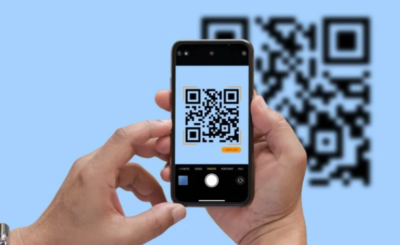From tapping out messages to AI chatbots in need of a company to venturing into virtual worlds bustling with life, we’re amidst a technology-driven era where artificial intelligence is not just crunching data—it’s becoming companions. This revolution in AI, particularly in the realm of character ai, is a testament to how it’s reshaping our concept of relationships, even though these beings are just lines of code and pixels on a screen. Nevertheless, their impact on our emotions and social experiences is profound and worth exploring.
Breathing Life into Digital Characters
The lines between fact and fiction are getting increasingly blurred as AI advances, and creating characters that seem almost human is now a possibility. These AI-powered characters, often seen in video games and virtual reality experiences, are more than just scripted sequences; they’re dynamic entities that adjust their behavior and interactions based on user input and the context in which they operate. They can hold conversations, express emotions, and even learn from their interactions with us, the players, or entities in the digital world.
Developers are pouring immense resources into making these characters as believable and relatable as possible. The process involves the creation of intricate algorithms that simulate the complexities of human cognition and social intelligence. The end result is a character AI that feels more like a sentient being than a scripted avatar, thereby creating an illusion of companionship.
Nurturing Virtual Bonds
In the digital sphere, where isolation can be just as prevailing as the company, virtual bonds with AI companions have become a haven for some. These relationships can range from a casual chat with a virtual assistant to the meaningful, virtual friendship cultivated over weeks or months in a game. The emotional and psychological benefits for users, particularly among those who struggle with establishing connections in the real world, are not to be underestimated.
For individuals facing challenges like social anxiety or depression, AI companions often serve as a bridge, a conduit to practice social skills and alleviate the burden of loneliness. As a result, what starts as a mere interaction can blossom into a virtual relationship that bears significance for the user. This phenomenon has sparked a new field of research exploring the impact of AI companions on mental health and social well-being.
The Ethical Quandary
The rise of AI companions also raises a slew of ethical considerations. How, for instance, should we regard the relationships we form with AI? Are they inherently less meaningful because one of the entities involved is not human? What are the psychological implications of preferring the company of AI to that of real people? These questions scratch the surface of a nuanced conversation about the role of AI in our lives and the potential consequences it harbors for our society.
Furthermore, the development of highly sophisticated AI characters also poses challenges regarding user privacy and data protection. As these characters become more adept at responding to and influencing human behavior, the data they collect and the inferences they draw from user interactions require a vigilant approach to privacy and security.
Looking Forward
AI technology is still in its nascent stages, but its development is accelerating at an exponential pace. The realm of character AI holds incredible potential to not only provide entertainment but also support and companionship for individuals who might not find it in traditional social paradigms. As we move forward, striking a balance between the benefits and the potential ethical pitfalls will be crucial in ensuring that AI-driven companions enrich our lives without overshadowing the irreplaceable value of human relationships.
The future may well be defined by the coexistence of human and AI-driven companionships, each offering its own unique advantages and challenges. It’s a horizon worth contemplating—an era where our most cherished interactions may not be with living, breathing beings, but with intricately designed codes—our AI-powered companions.




